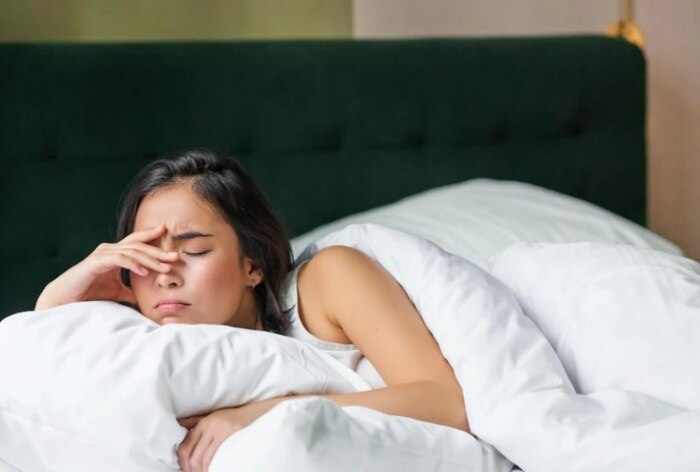Whether it’s due to stress, anxiety, depression or some other factor, Dysania can significantly impact your daily life and relationships with others if not treated properly.

Dysania refers to an extreme mental and physical lethargy that makes it nearly impossible for a person to get of out bed. It’s similar to depression but not unlike depression, which stems imbalance in the chemical formulation of brain that indirectly leads to sleep deprivation or lack of motivation. This condition can significantly impact your day-to-day life and relationships with others if not treated appropriately. Here’s what you need to know about this serious condition, symptoms and ways to treat it.
Signs And Symptoms of Dysania
They are plenty of people who wake up and feel like staying in bed. But for those who are experiencing dysania may feel overwhelming that may lead having a hard time thinking about anything else. It’s even difficult to get out of bed and work on anything else. In addition to extreme fatigue, people with Dysania may experience other symptoms.
- Trouble concentrating
- Confusion
- Disorientation
- Difficulty making decisions
- Delusions or Hallucinations
Dysania can be a symptom of many medical conditions or mental health issues. Here are some conditions that might cause this severe condition, including:
- Hypothyroidism
- Anemia
- Depression
- Chronic fatigue syndrome (CFS)
- Thyroid disorders
- Heart disease
How to Treat Dysania?
If you are struggling with dysania, these lifestyle changes alone may not be enough to improve your symptoms. It’s important to discuss possible treatment options with doctor or mental health professional.
1. Follow a schedule: If you’re having trouble getting out of bed in the morning, try setting the alarm for a specific time every day. Make sure to get up at that time, even if you don’t feel like
2. Exercise regularly: Regular exercise has been show to enhance sleep quality in many people who have insomia or other sleep disorders. It may also help improve mood, reduce anxiety and which can affect your ability to fall asleep at night.
3. Practice Relaxation Techniques: Relax techniques like deep breathing, meditation and progressive muscle relaxation can help reduce stress, depression and anxiety.
4. Use your bed only for sleep: This will help you associate your bed with relaxing activites, making it easier to fall asleep at night. You might also want to avoid eating in bed or watching TV, as these activites can make it harder to fall asleep at night.

Don’t Miss Out on the Latest Updates.
Subscribe to Our Newsletter Today!

Stay connected with us on social media platform for instant update click here to join our Twitter, & Facebook
We are now on Telegram. Click here to join our channel (@TechiUpdate) and stay updated with the latest Technology headlines.
For all the latest Lifestyle News Click Here
